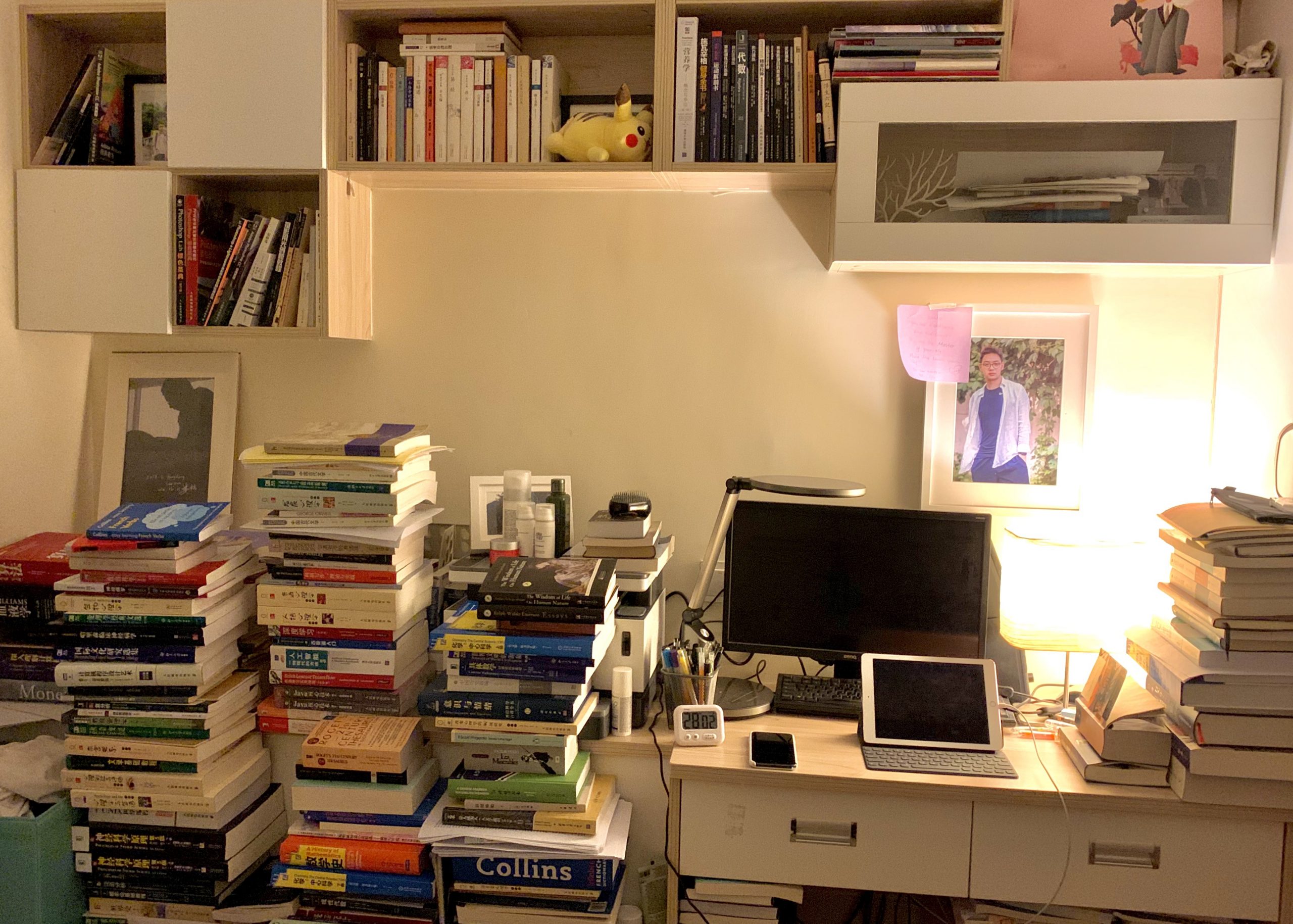One
Once upon a time, there was a boy living in this rural town happily and lovingly; his name is Little Eddie and loved playing with every child he encountered. Wiggling heard from swings, seesaws. He never got bored.
The town itself was and is dreadful. People walking on the street looked dull. Eddie’s family members all worked in the local hospital which is the only one in that town. Once a little girl whom Eddie usually played with was left her residence with packs of suitcases, Eddie stood backward watching, curiously, feeling a bit hollowed out because he never experienced such slightest form of dissociation that for the first time he wanted his family could move to other places suddenly too. Not feeling pitiful or mournful, he just thought that kind of sudden disappearance without saying goodbye was rebellious.
When elementary-schooled, he found he loved playing shuttlecock-kicking and hide-and-seek, so often that some name-caller called him little girl. Little Eddie felt hurt but never really cared about that so long as he could just live and study.
The town itself was soulless. once he was walking along the main street afternoon, a young man seemed bored by this deserted atmosphere approached to him asking where can he find a bookstore. For years he never truly found anyone asked this question to him as if there wasn’t anyone cared about buying books and newspapers so he also pretended not to care much about. But so enlightened was he then that not only did he answer happily but also guided that young man a bit far to ensure he wouldn’t got lost.
The main street was dirty filled with plastic bags and dusty. ‘I dare not eat the snack I bought nearby until home because of the flowing dust in the air.’ A girl walked with Eddie told him, serious faced and her elbow clasped owing to two bulged mounds on her chest. With meek, soft rays flowing over their faces, the sun was declining west.
Eddie had written a severance poem to one classmate by whom he was bullied but decided to keep it secret.
Farewell
‘Twas
Spring. Wounded heart invisible
Outwards. Softly, sunlight coming into my room.
Streets stretching to the skyline
Dusty, seemingly endless.
Day and night
No longer needing to see thee was I.
So long as I
Remain alive;
So long.
Grandma Summer had find that piece and mentioned that smilingly to him. ‘Interesting.’ She said. Feeling awkward as his secret was unveiled, he didn’t know how to response but rather stood motionless, beaming awkwardly. ‘You should keep doing that.’ Summer said. That was afternoon and the sunlight as strong as ocean. Happily, he daydreamed of himself naked swimming in the river of life and never feared anything.
Keep that, he told himself.
Some boys in that school teased Eddie by calling him little girl. So often was that calling happened that he felt overwhelmed. Once in the classroom at a spare noon, while everything was as normal as in a dessert, a boy Eddie doesn’t acquaint shouted out “Little Girl.” Tired to defense, unable to swallow such a humiliation at such a young age, he spoke nothing, leaving the room with a strange and saddening silence, only to find out that his classmate Zheng had started to stand out with him saying that no one has right to label a person as such and Eddie has his right to be what he wants to. Shocked and overjoyed by Zheng’s remark and not knowing how to express his gratitude, Eddie for the first time wanted to hug a boy, and thanked him for saying that.
“Next time if anyone tries to shame you, ensure you hit them back to tell them that what I am is non of their business.” Zheng said.
That was afternoon and they walked along home. Eddie had said goodbye to and thanked Zheng for that.
It was then he started to think his town was not that dreadful. There were hardships, but which place have not.
Eddie sat before the railing on the baloney, watching potted flowers blossom. Later in the night, fallen asleep, he had dreamed about sunny afternoons.
Two

Eddie loved crafting, inspired by an America program teaching children about how to make small artworks. He brought oil brushes from a migrant worker’s daughter named Swallow who seemed reckless and whose skin sunburnt. Eddie invited her home to oil-paint but Swallow seemed uninterested, and said she was hungry.
Providing her with food cooked by Grandma Summer, watching her devour down half of the rice in one bite, Eddie disappointed but said nothing.
Small town sold no thing relating to books, brushes, only foods and its residents only play pokers and mahjong to get days by with a river flowing through main street.
There were funeral wagons passing by the main street and sobbing girls hired to mourn the lost; when happened, it usually happened in mornings. Eddie had made a oil-painted ornament shaped like the sun which hung on the doorframe of his mother’s room.
Every afternoon there were people talking about lottery, mahjong and money but they were too poor to be heard seriously. There was only one bank in operation and no supermarket. Everything seemed so lacking that Eddie wanted to escape and never to return.
It’s lunchtime and Eddie’s mother said she would prepare to transfer Eddie to county seat to study after he finishing his elementary schooling.
When real separation came, seeing everything packed up and being sent away and his reading desk nearly ruined, he felt uneasy and almost cried. Only when forced to leave, had he realized living in this lacking-almost-everything town is actually a blessing.
New school was not good if not horrible, filled with bad-habited students who didn’t read books, let alone speak properly. Eddie always wondered what happened to those student to make them not value their very opportunity of getting educated. Girls here wanted love; boys reverence.
Initial days in the middle schooling was fearsome. When sitting still waiting to get familiar with new classmate, instead of finding consolation, Eddie saw girls smoking cigarettes showing their made-up rebellious attitude as if wanting to show they had never experienced hardship or poverty but actually had a lot. The reason why covering up is called so is that it’s so obvious that people don’t bother unveiling.
In his second year in middle school, a transferred in boy named Wong from Shandong started to notice him. Wong was square-faced and spoke Shandong-accented mandarin which hardly can anyone understand what he was talking about at first fashion and to make it worse, he was deadly shy so his voice usually was insects-likely faint. But Wong liked to initiate talks with Eddie. Everything went fine then.
Until it went otherwise when there were only two of them in a corner of the school to cleanse the floor, Wong said shyly that he thought Eddie was goon-looking. Unsure and unable to think about how to react properly, Eddie was suddenly hugged by Wong.
Releasing Eddie from his arms and apologetically voiced, Wong lowered his head saying sorry to him.
Eddie rushed away from him. Suddenly, he felt everyone around him—students, teacher passing be, was like gazing at him, mocking him.
Eddie had never figured out how this had happened. Sometimes he raise his head staring deeper at the clear sky, alone. In his heart of hearts, the sun setting west, reddening the playground of the school that time was indeed as same as ever.



